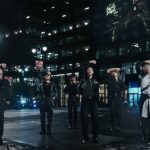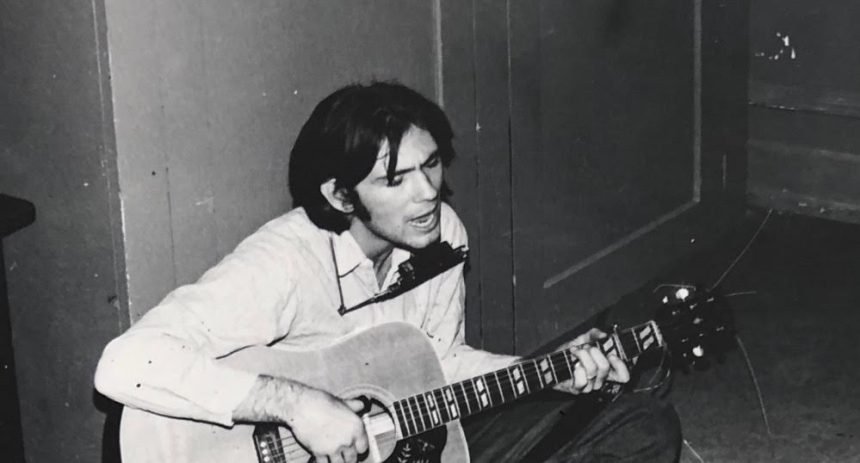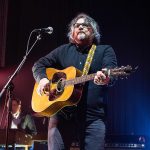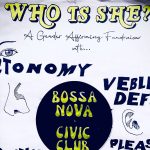The blues world lost another one of its disciples, Jesse Graves, whose real name was Michael Floyd. He passed away Saturday at his home in South Dakota. Born October 31st, 1949 in Drexel Hill, Pennsylvania, Jesse started playing music in the 1960s. He immersed himself in the East Coast folk and blues scene. Bluesman Johhny Shines told him, “Son you got a bluesman’s shoes, and that’s enough.” He sought out Reverand Gary Davis who taught him guitar and became a very close personal friend and mentor. Jesse even attended his funeral.
Jesse received his break in 1972 after the release of his first and only album Gazebo; a record consisting of ten blues covers. Michael Tearson of WMMR started playing his version of “Dust My Broom” on the radio. Gene Shay had a Folk program and played Jesse’s material. After that, Jesse started getting more gigs. He soon met Dick Waterman and Bonnie Raitt who tacked him onto a lot of her shows so he could get practice and exposure. Bonnie gave Jesse her National Guitar that she used on her first album and through Dick Waterman he met Son House. Bill Eib became Jesse’s manger. In a prior interview with American Blues Scene, Jesse stated, “Bonnie, Bill Eib, and Bill Rogers really gave me my break.” Alan Newman also helped Graves; a booking agent and he wrote the liner notes to Jesse’s album.
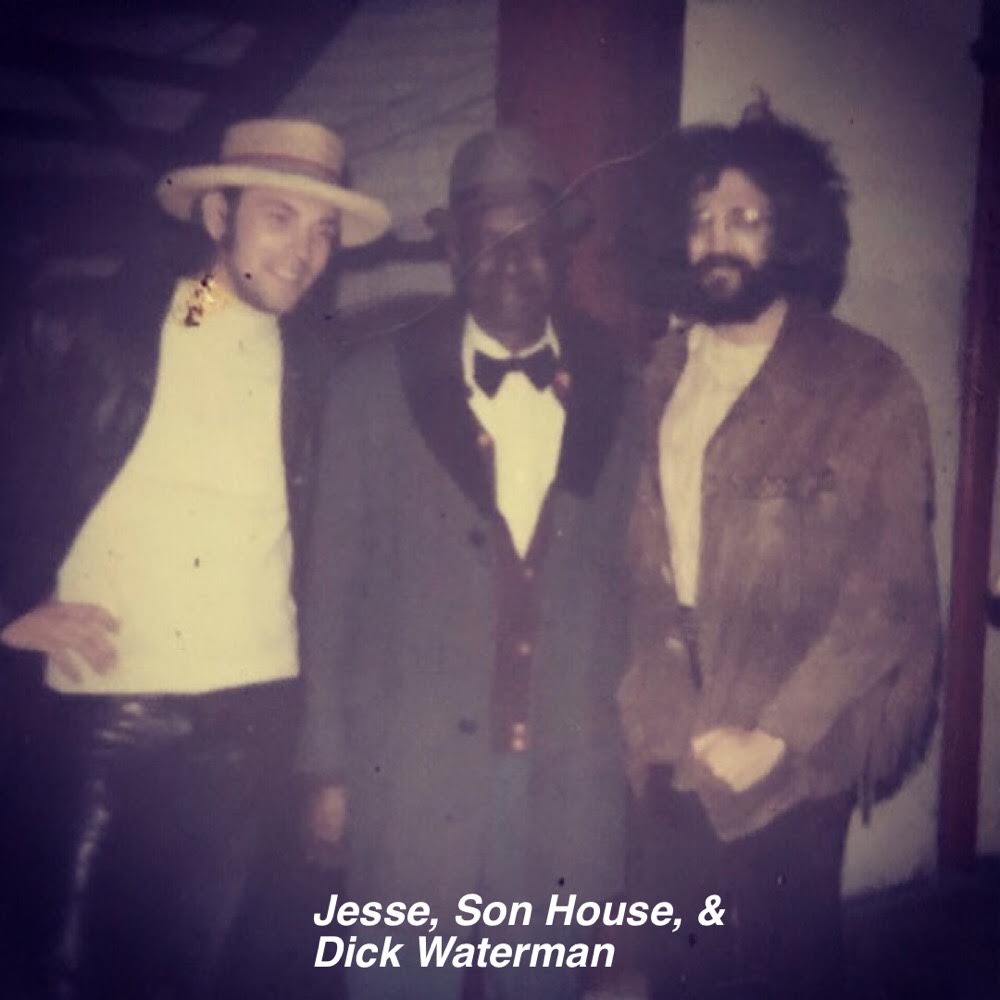
Jesse was great friends with Charles Bukowski and Tom Waits. Waits wrote the intro to his book, On the Road to Burma-Shave. Waits also wrote a song based off of Jesse’s book. Waits titled the song, “Burma-Shave.” Jesse spoke on this, “I wrote a song for Tom Waits back when he was writing all of his own material. He didn’t use it. He and I were friends back in the mid ’70s. I did a gig with him and Bonnie at Widener College in Chester, PA. We used to hang together because his girlfriend and my girlfriend at the time lived in an apartment and when we came off the road we would go to the apartment. I wrote a book of prose poetry and song lyrics and Waits wrote the introduction but it has never been published. They will probably publish it after I die. Bill Rogers has all of the original transcripts.”
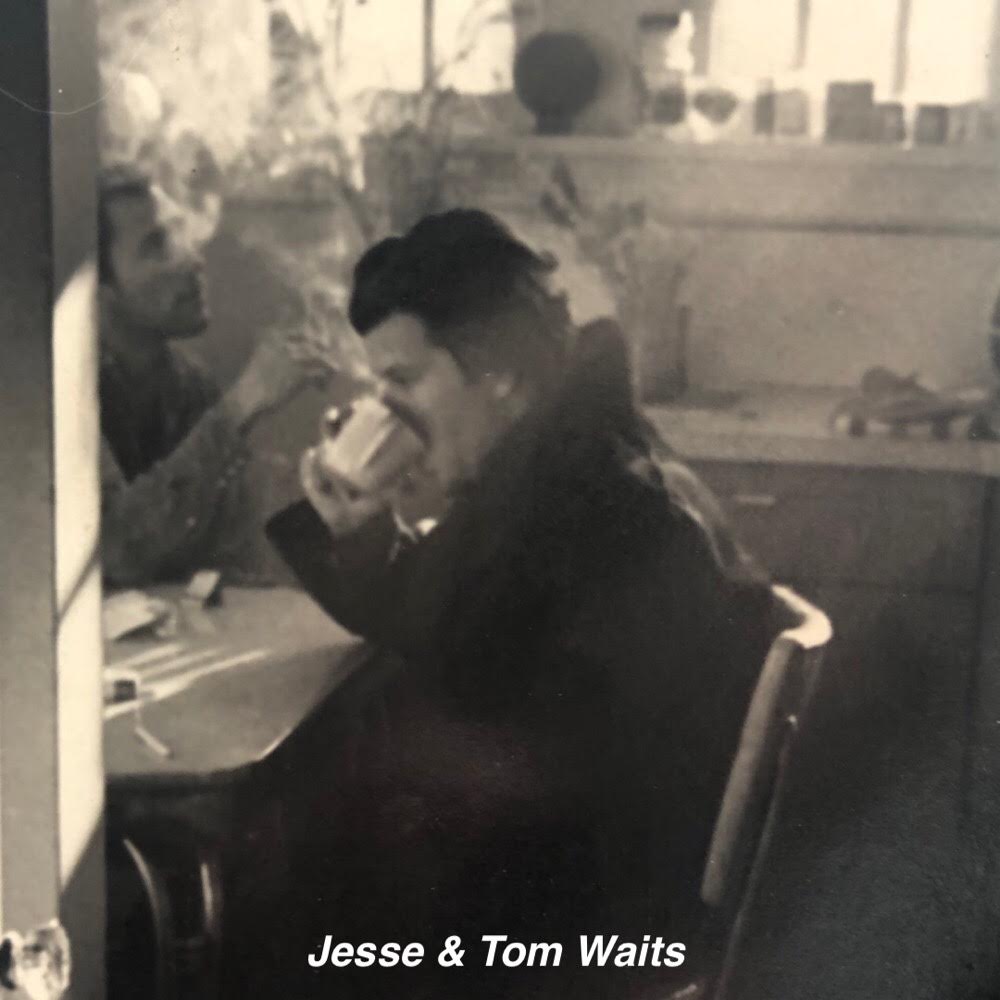
Jesse opened for so many blues legends. In a prior interview for American Blues Scene he stated, “I opened for Bonnie, John Hammond, Dave Van Ronk. Dr. John, Hot Tuna, and Little Feat. Dick Waterman managed Bonnie at the time. He introduced me to Son House. He was always one of my heroes. Son was very reserved when I met him but he shook my hand and was a nice guy. When you meet your idols, you are in awe. Later I opened shows for Muddy Waters, Sonny Terry and Brownie McGhee, Arthur Big Boy Crudup, and John Lee Hooker. These were acts that had been doing it for many years. It really was an eye opener for me.” Jesse recorded Robert Pete Williams in the Delta but couldn’t release it because he ran out of money. Also, Jesse was one of Terry Gross’s first guests on her show Fresh Air.
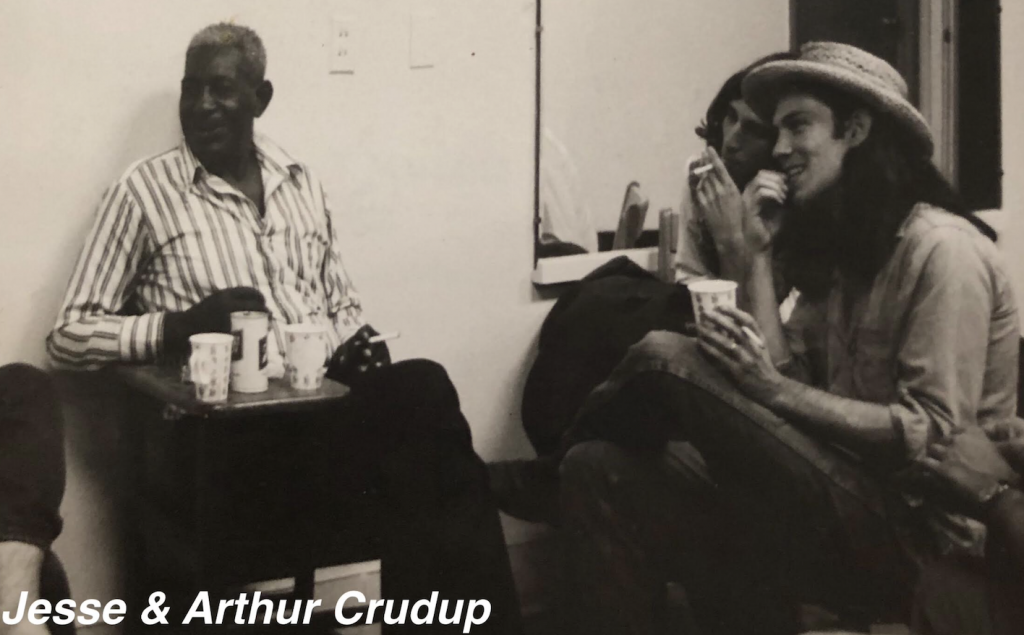
Jesse Graves was a huge inspiration to the Philadelphia music scene and community. George Thorogood used to watch him perform before he made it. So did Kenn Kweder, Ben Vaughn, and Tommy Conwell. Kenn Kweder and Jesse used to play shows together at the Main Point in Bryn Mawr, PA. Jesse opened up for many blues legends at The Main Point. He played with harmonica player John Davis and guitar players Ted Estersohn and Gordan Reeves.
Ben Vaughn has a great Jesse Graves story: “In the ’70s I went into a bookstore in Philly. It may have been a junk store with books. I can’t exactly remember. I went in and he was working behind the counter or he was just there. I think he was doing some day drinking. I found a Jesse Graves record in a stack on the counter. I brought it up and asked how much it was. He gave me a really weird look. He asked me if I liked Jesse Graves and I told him I hadn’t really heard him yet but I was curious. He goes, “He’s really good.” I looked at the cover and looked at him and put it together. He ended up giving me the record and a book on Gestalt Therapy, which he told me I needed. That is my Jesse Graves story.”
I met Jesse in 2013 in Philadelphia as I played guitar outside my place and he would listen. He ended up giving me the following cassette tapes: The Best of Muddy Waters, Muddy Waters’ Unk in Funk, Sonny Boy Williamson, and Son House. I listened to blues music prior to meeting him but I really didn’t have a deep understanding or how to play it. For two weeks, eight hours a day, he taught me everything he knew about blues, who he played with, slide tunings, and how to play and feel the music. It was musical bootcamp and he became my mentor and closest friend. Also, he taught me about Native American Spirituality. He gave me ten of his personal books on the topic. After the two weeks were up, I drove him to the bus station. He wanted to move to South Dakota and spend the rest of his life in the sacred Black Hills.
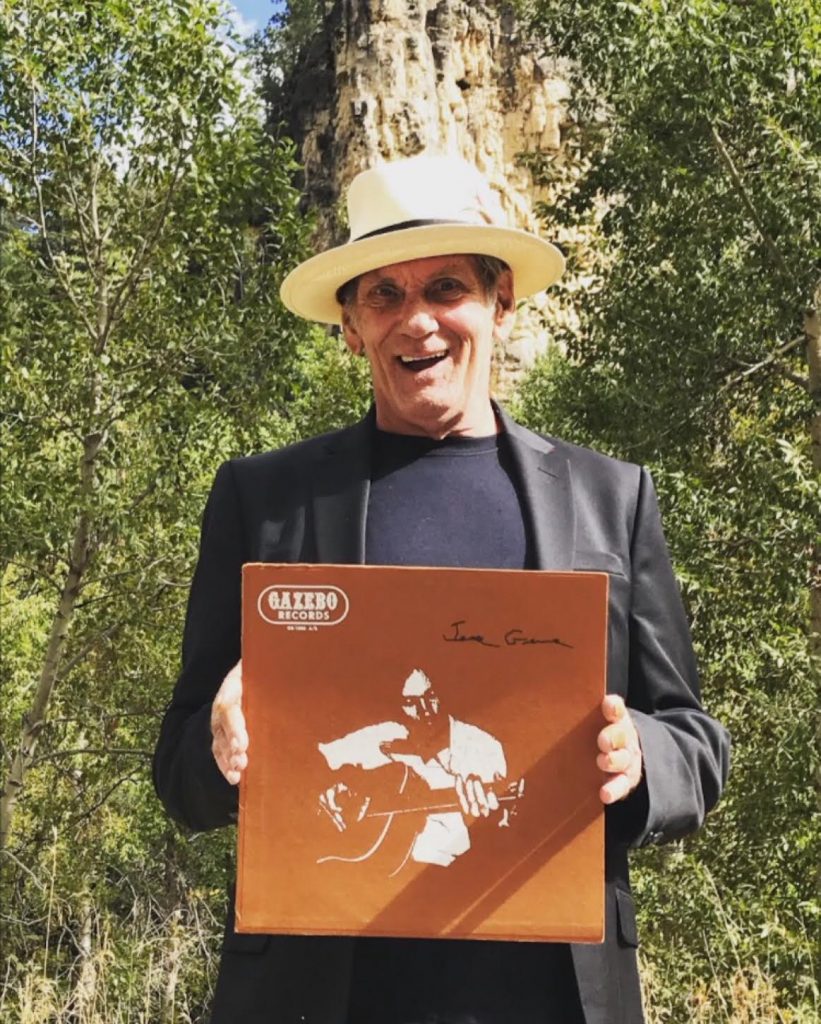
I am indebted to Jesse Graves as he taught me and was an open flood gate to the blues masters. We talked every day on the phone up until his death. He answered any and every question I ever had. There are two Jesse quotes that really stick with me that I want to end with.
The first is, “The blues are the poetry of the American Streets. Many forms of music come and go but rock n’ roll and blues are here to stay.” The second is, “Every time I picked up a guitar and played professionally, I always dedicated it to The Great Mystery. I grew up reading books just like I grew up listening to records. I read books about Native American affairs. I am not Native American physically, but I believe in their way of life.”
I would also like to thank another blues veteran who is no longer with us, JD Nash. He was the Editor-in-Chief for American Blues Scene and he gave me my first chance at American Blues Scene. It was the Jesse Graves interview that got my foot through the door. I would also like to thank our Director of Content, Lauren Leadingham, for all the great work she does.




